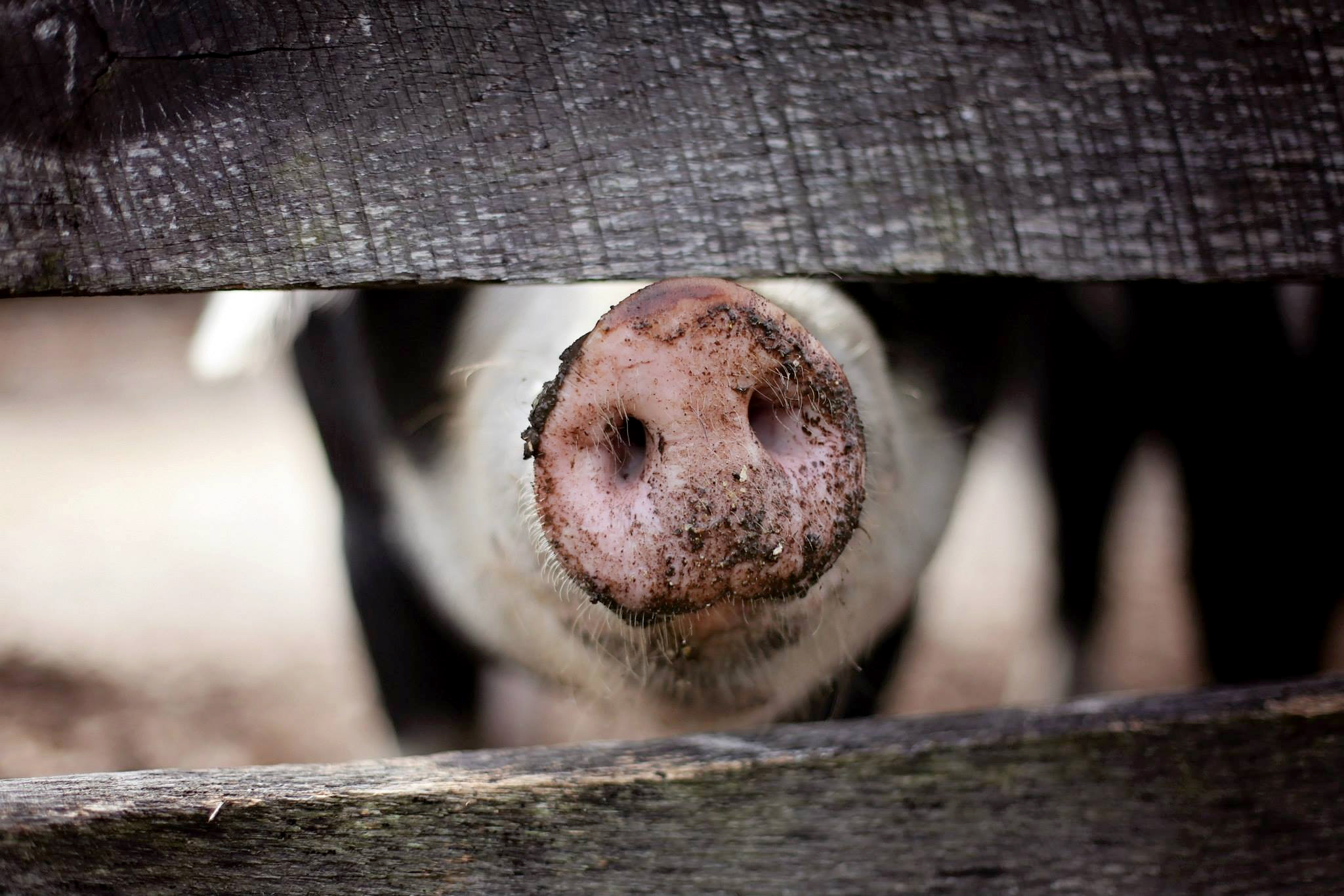(THIS ARTICLE IS MACHINE TRANSLATED by Google from Norwegian)
The hard-working but incredibly diligent Copenhagen sociologist, activist, debater, author, teacher, lecturer, and social critic, Eskil Halberg, has written a new book entitled Packed lunches for the revolution. The title's juxtaposition of some of the most mundane, namely packed lunches, with the all-important political narrative of the revolution. This is typical of the far-sighted little publisher Nemo's famous Tumultuousseries, which with its connotations of agitation, social unrest, uprising, rebellion, riots, chaos, panic, and of course tumult, likes to swirl a lot of attention with it in the Danish press landscape when a new book is launched. And Packed lunches for the revolution has toured Danish newspapers and media, and breathed new life into the conflict between social democratic-minded reformists and those who, like Halberg, have (what one critic described as) a «revolutionary temperament».
Nemo's Tumultuous-series
Packed lunches for the revolution thus enters the unique back catalog for Tumultuousthe series, which from the beginning has lived a deliberately tumultuous existence. The series' first book was a well-placed kick-off by Søren Mau, Raise your voice! (2015), with the informative subtitle: «In which it is shown that the general election is an ideological ritual that maintains an undemocratic political system, and that the first step on the road to a democratic society is to abstain». Since then, several fine books with long titles have been added to the series, eg Sille Kirketerp Bertelsens With the heart and pussy in laser: "A power-menstrual revenge that provides the MeToo critics and others with theirs on the dry response to indictment through Vita Andersen's poetry."
The animals never get to see the sun and the sky.
The latest shot on the trunk is called in its full length Packed lunches for the revolution: «In which it is shown that capital has taken control of food to the detriment of the climate and all living things, and that we are therefore in a vital struggle to create another ecology». As suggested, we are dealing here with an analysis of the destructive effects of capitalism on food production, climate and the environment. But as the left-wing radical blog, Autonomous Info Service, states, so is Packed lunches for the revolution fortunately not just another «guide for political consumers or a guide to the climate-friendly food package». But what kind of book is that?
The Danish broiler
Packed lunches for the revolution is Eskil's second book in the Tumulti series. Where the focus in the first book was a kind of urban-sociological critique of the work as a social institution and value, the critique is now directed at the ways in which capital has succeeded in separating city and country, as well as a critique of the ways in which the landscape as well as the natural life cycle (of which man is a part) has been fundamentally changed.
Packed lunches for the revolution is a tale of the history of agricultural capitalism and its necessary liquidation. A story about, among other things, the mechanization of agriculture, the production of artificial fertilizers, and the development of genetically modified super-crops. In addition, monoculture, meat factories, the transport and logistics sector, structural development programs, agricultural policy, social democratic technology and progress ideology. For example, the one about the breeding of Danish conventional broilers, which on average live approx. 34 days in small metal cages in large factory halls before they are captured by a fully automatic machine and slaughtered. the day. The animals never get to see the sun and the sky.

Halberg describes the broiler as just one of several examples of how meat production has been transformed by the profit motive and is now at «full industrial level with the production of any other thing, e.g. phones, furniture or cars. The story of the «breeding» of the Danish broiler thus becomes a parable for the emergence of what Halberg calls «the agricultural cluster», a «state-of-the-art industrial complex with derivative production and companies with machines, biotech and chemistry as specialties». It is this «agricultural cluster» which, quite literally, ensures the maintenance of cities as a nexus for wage labor and thus also, indirectly, the reproduction of urban labor.
Green New Deal?
As Halberg writes: «In my first book, The root of all evil (2017), I suggested that the struggle against capitalism must first and foremost be a struggle against wage labor. It was the wage labor that made us unfree. But in reality, the problem is not just the indirect coercion and discipline of wage labor. The problem is access to food. Everyone must eat to live. If we are to eat, we must buy. To buy, we must work. Humans are thus involved in a metabolism with nature; the earth, the sun, the rain. We eat, digest, and shit, ”Halberg writes with his characteristic and straightforward style. It is the natural metabolism that capital, with its fossil fuels, chemical poisoning procedures and fully automated, is in the process of transforming to better suit the circulation of capital.
But according to Halberg, «nature was there before capital – and will be there after», which is why, according to Halberg, it is important to create a different ecology mens we are fighting against the abstract domination of capital. It does not make sense to wait to act for the Social Democrats and the left gets a new green finance law passed, just as it does not make sense to put one's trust in a globally rooted Green New Deal. This is what characterizes Halberg's so-called «revolutionary temperament», for as he writes: «we must start with what we have now. No need to wait ».


